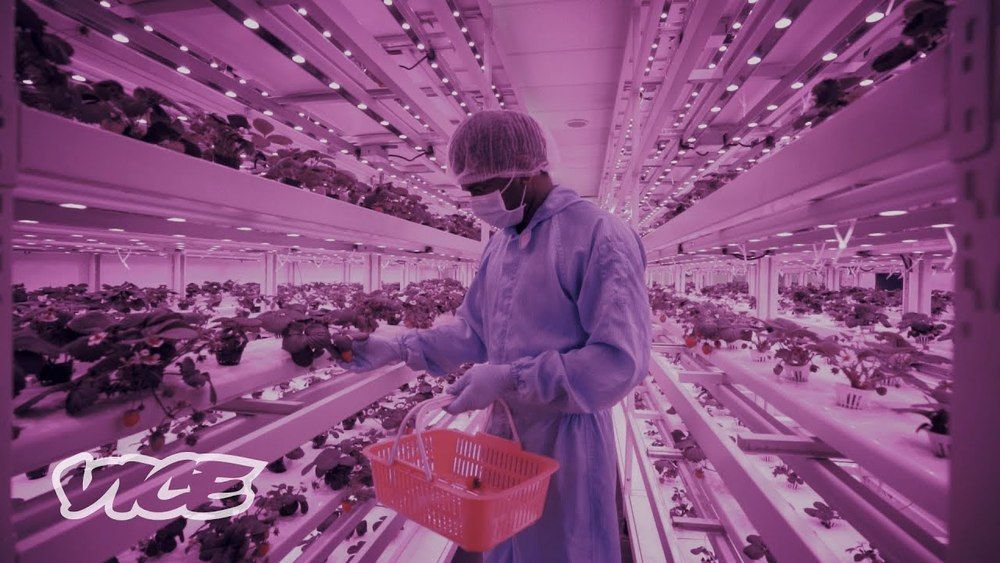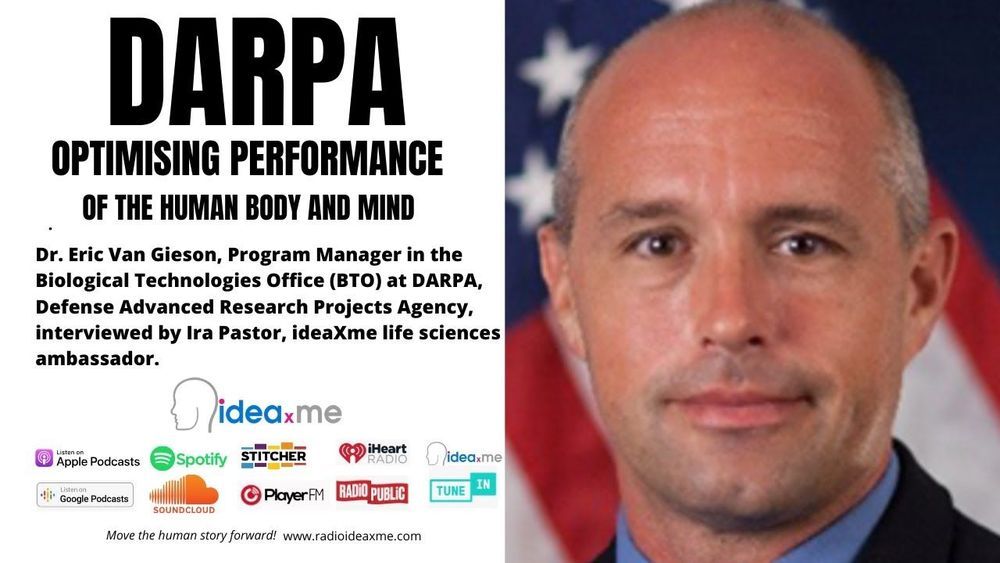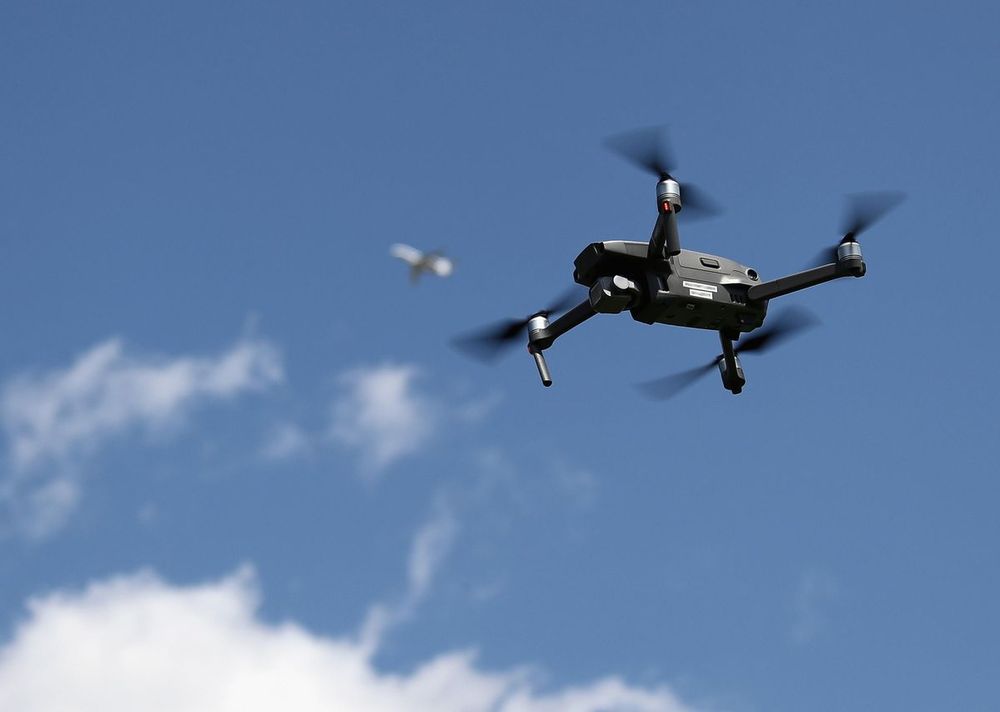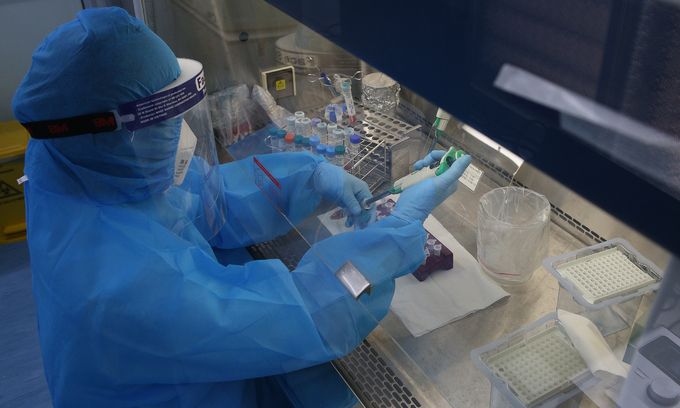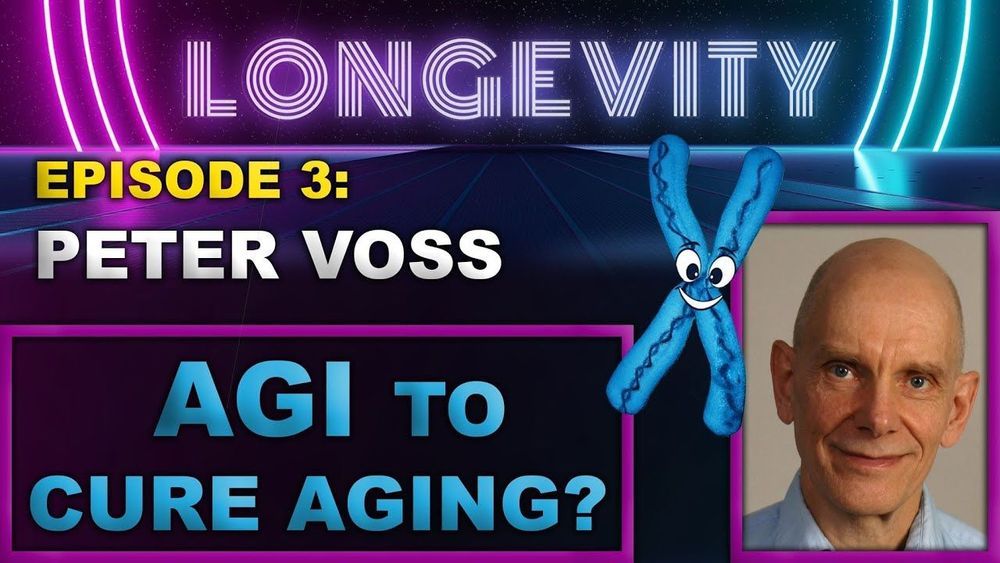Singapore has only 1% of its land available for agriculture, so it imports 90% of its food requirements. The government is looking to curb this dependence on outside food sources under a programme titled ‘30 by 30,’ which aims to allow Singapore to grow 30% of its produce by the year 2030. Local vertical farms like Sustenir are at the forefront of bringing about this change. VICE visits the sustainable start-up to understand the future of food.
About VICE:
The Definitive Guide To Enlightening Information. From every corner of the planet, our immersive, caustic, ground-breaking and often bizarre stories have changed the way people think about culture, crime, art, parties, fashion, protest, the internet and other subjects that don’t even have names yet. Browse the growing library and discover corners of the world you never knew existed. Welcome to VICE.
Connect with VICE:
Check out our full video catalog: http://bit.ly/VICE-Videos
Videos, daily editorial and more: http://vice.com
More videos from the VICE network: https://www.fb.com/vicevideo
Like VICE on Facebook: http://fb.com/vice
Follow VICE on Twitter: http://twitter.com/vice
Follow us on Instagram: http://instagram.com/vice
The VICE YouTube Network:
VICE: https://www.youtube.com/VICE
MUNCHIES: https://www.youtube.com/MUNCHIES
VICE News: https://www.youtube.com/VICENews
VICELAND: https://www.youtube.com/VICELANDTV
Broadly: https://www.youtube.com/Broadly
Noisey: https://www.youtube.com/Noisey
Motherboard: https://www.youtube.com/MotherboardTV
VICE Sports: https://www.youtube.com/NOC
i-D: http://www.youtube.com/iDmagazine
Waypoint: https://www.youtube.com/Waypoint
